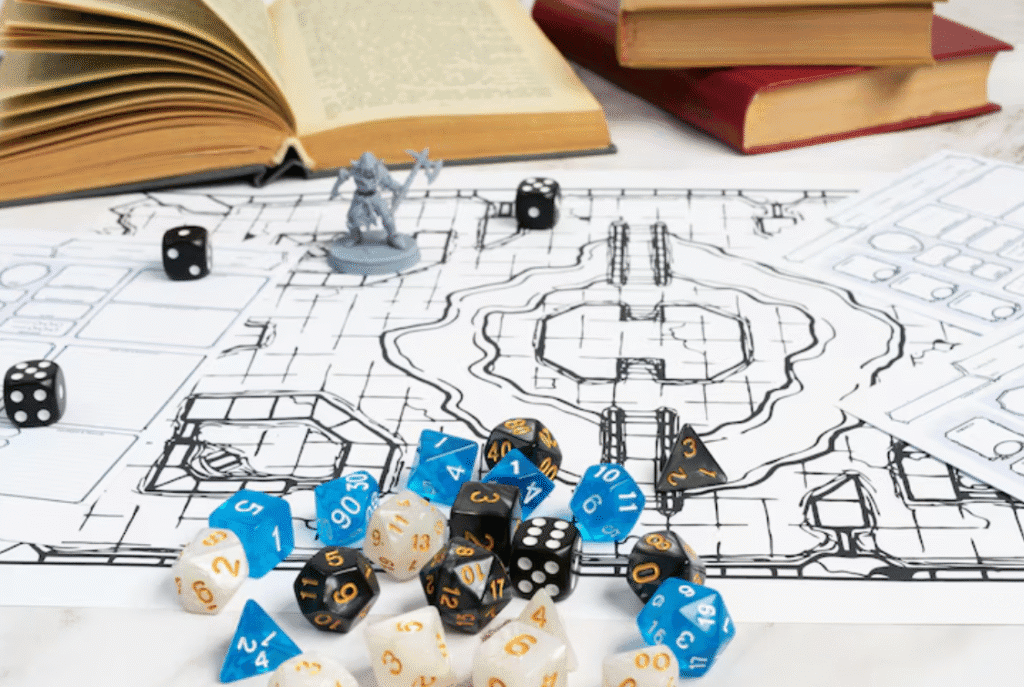Great strategists know that no plan survives first contact with the enemy. The ability to adapt—to read the battlefield, shift tactics, and counter your opponent’s moves—is what separates average players from champions. In this guide, we’ll dive deep into flexibility as a strategy: how to pivot your plans, adjust your builds, and respond to challenges in real-time.
1. What is Flexibility in Strategy Games?
Flexibility is the ability to change your plan mid-game based on new information. This includes:
- Adapting build orders when your opponent does something unexpected.
- Altering unit compositions to counter enemy strengths.
- Switching between offense and defense based on momentum.
- Responding to resource scarcity or map conditions.
- Adjusting for game objectives (like victory points, relics, or wonder conditions).
Flexibility isn’t random—it’s a deliberate reaction to changing conditions.
2. The Pillars of a Flexible Strategy
To stay adaptable, you need a strong foundation:
- Map Awareness: Regularly check the minimap and scout for information.
- Knowledge of Counters: Know which units or strategies work best against different threats.
- Economy Management: A flexible player maintains a strong economy to afford changes.
- Build Variety: Learn multiple openings and build orders so you’re not locked into one path.
3. Scouting: The Eyes of Flexibility
Scouting is essential. Without information, you’re playing blind. Key tips:
- Early Game Scouting: Send a scout as soon as possible to locate the enemy and assess their build.
- Mid-Game Scouting: Use mobile units or vision structures to track expansions, army movement, and tech switches.
- Counter-Scouting: Deny your opponent information about your own strategy by killing or blocking their scouts.
In games like StarCraft II, players often send an Overlord or a worker to the enemy base within the first 2-3 minutes.
4. Adapting Your Build Order
Sticking rigidly to one build is dangerous. Be ready to:
- Defend Early Aggression: If you spot a rush, delay expansions and focus on defense.
- Punish Greedy Players: If your opponent is booming, strike with a mid-game timing attack.
- Shift to Tech: If you see light units, transition to heavy counters (like cavalry vs archers).
- Change Resource Focus: If a resource is scarce, adjust your unit choices accordingly.
Example: In Age of Empires II, if you scout enemy archers, transition to skirmishers or cavalry instead of committing to infantry.
5. Adapting Army Composition
Army flexibility is key in battles:
- Unit Counters: Always build units that counter the enemy’s main force.
- Mix Units: Pure armies are vulnerable; combine melee, ranged, and siege units.
- Tech Switch: When your opponent builds counters to your army, switch tech—this keeps them on the back foot.
- Special Units: Use unique units (like hero units or special abilities) to gain an edge.
6. Adapting to Map Conditions
Maps matter! Adjust your strategy based on terrain:
- Chokepoints: Favor ranged units and siege in narrow areas.
- Open Fields: Use mobility-focused units like cavalry or fast infantry.
- Water Maps: Invest in naval units or amphibious attacks.
- High Ground: Control hills for better vision and combat bonuses.
7. Responding to Victory Conditions
Many games offer multiple paths to victory:
- Military: Destroy the opponent’s army and base.
- Economic: Outproduce and outscale over time.
- Objective Control: Capture relics, hold victory points, or build a Wonder.
- Diplomatic: Forge alliances or trade deals.
Adapt your strategy based on what will win the game fastest and most efficiently.
8. Flexibility in Famous Games
- StarCraft II: Top players like Serral and Maru constantly scout and adjust builds based on enemy behavior.
- Total War: Shogun 2 players shift unit compositions between matchups—archers for samurai-heavy foes, cavalry for spear-light armies.
- Age of Empires IV: Players switch from feudal rushes to fast castle strategies when they sense an opponent playing passively.
9. Common Mistakes: What to Avoid
- Tunnel Vision: Sticking to your plan no matter what is a recipe for disaster.
- Ignoring Information: If you scout but don’t adapt, you’re wasting valuable intel.
- Overreacting: Don’t panic—small adjustments are often enough.
- Under-Scouting: A single early scout isn’t enough; keep gathering information throughout the game.
10. Conclusion: Adapt or Die
Flexibility is the heart of strategy games. Learn to read the map, understand your opponent, and adjust on the fly. Whether it’s shifting army composition, changing build orders, or seizing objectives, the best players adapt—and overcome. Master this, and you’ll not just react to the game—you’ll control it.




